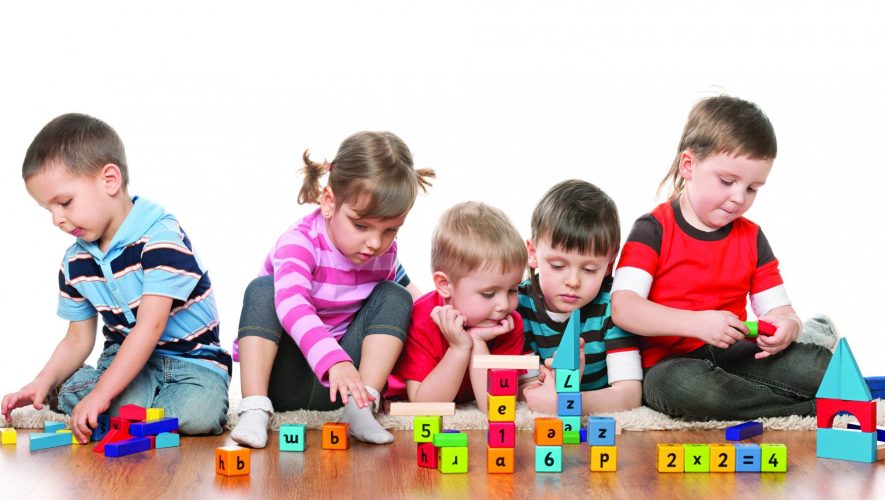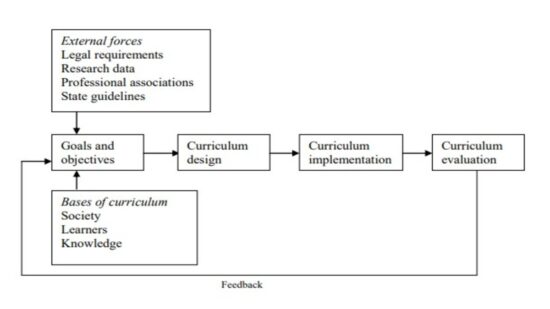What is Child Development?
Child development refers to the sequence of physical, language, thought and emotional changes that occur in a child from birth to the beginning of adulthood. During this process a child progresses from dependency on their parents/guardians to increasing independence.
Child development is strongly influenced by a wide variety of factors throughout his life. These factors influence a child both in positive ways that can enhance their development and in negative ways that can compromise developmental outcomes. These factors may be categorized as
- Biological Factors (Nature)
- Environmental Factors (Nurture)
Biological Factors
Certain biological factors including heredity (genetics), nutrition, and gender can play a particularly important role in the course of early development. These factors can impact kids throughout the course of development, particularly at critical periods of development during the prenatal period and early childhood.
1. Heredity / Genetics
Heredity is the transmission of physical characteristics from parents to children through their genes. It influences all aspects of physical appearance such as height, weight, the color of the eye, and even intelligence and aptitudes. Genetic diseases like heart disease, diabetes, obesity, etc., can also affect the development of the child adversely.
2. Gender
The sex of the child is another major factor affecting the physical growth and development of a child. Boys and girls grow in different ways, especially nearing puberty. Boys tend to be different from girls physique, voice, maturity and behavior.
3. Hormones
Different glands situated in specific parts of the body secrete hormones that control our body functions. Their timely functioning is critical for normal physical growth and development in children. Imbalances in the functioning of hormone-secreting glands may result in growth defects, obesity, behavioral problems and other diseases.
4. Nutrition
A balanced diet that is rich in vitamins, minerals, proteins, carbohydrates and fats is essential for the development of the brain and body. A diet deficient in essential nutrients may cause restricted growth and development of the children.
Environmental Factors
The environment plays a critical role in the development of children and it represents the sum total of physical and psychological stimulation the child receives. Some of the environmental factors influencing early childhood development involve the physical surroundings, geographical conditions, schooling and socio-economic status of the family.
1. Geographical Influences
Where you live also has a great influence on how your children turn out to be. Living in an enriching community that has a moderate climate, parks, libraries and community centers for group activities and sports, play a role in developing the child’s skills, talents, and behavior.
2. Socio-economic status
The socio-economic status of a family determines the quality of the opportunity a child gets. Well-off families can also offer better learning resources and good nutrition for their children to reach their full potential. Similarly, The social links their family has, the neighborhood they live in, the opportunities offered by the community and their peer circles are some of the social factors affecting a child development.
3. Schooling
A good school and a loving family builds in children strong social and interpersonal skills, which will enable them to excel in other areas such as academics and extracurricular activities. This will, of course, be different for children who are raised in stressful environments.
OTHER RELATED POSTS




This is the best super good 👍